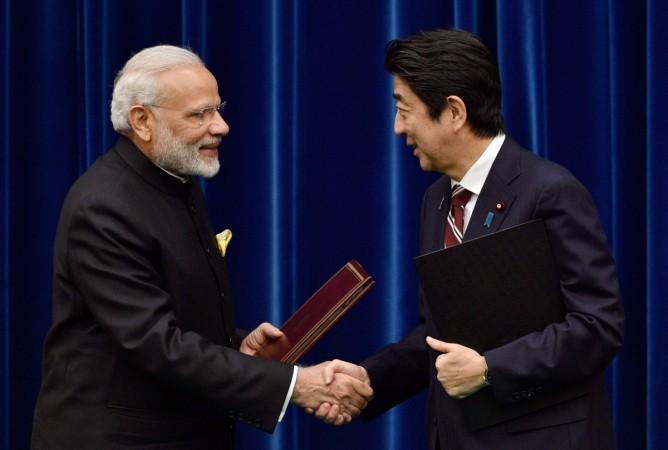Amid the Doklam standoff at the India-China border in Sikkim that refuses to die down, the Chinese media has raked up a fresh issue in the form of the violence over the conviction of controversial self-styled "godman" and Dera Sacha Sauda chief Gurmeet Ram Rahim Singh. It said that the violence that killed about 38 people and injured many "exposes India's woes."
Also read: Doklam standoff ends: India and China withdrawing troops
An editorial in the Global Times said that India has often spoken about its development and its "purity, but this superstitious and outdated traditional spirit has fettered India's modernization."
Speaking about the violence the editorial went on to add: "The phenomenon also exposes the country's serious political and societal problems."
But what came as a surprise was how the editorial seemed to have found a way to talk about the Doklam standoff amid the violence in Delhi and Haryana. It said that China is worried that India would use the border standoff to take attention away from what is happening within the country and its internal affairs.
![Chinese soldiers guard the Nathu La mountain pass, between Tibet and the Indian state of Sikkim. [Representational Image] Nathu La](https://data1.ibtimes.co.in/en/full/652898/nathu-la.jpg?h=450&l=50&t=40)
"We have reason to worry that India may use the border disputes to divert public attention away from the domestic conflicts if the riots escalate," it explained.
The editorial also took a dig at Indian Home Minister Rajnath Singh's previous statement in which he had hinted that the border dispute would be sorted out soon. "Friends can change but not neighbours," he had said, but China believes that just talking about easing tensions isn't enough and that New Delhi must find a "practical" way of doing it.
"We hope India can withdraw its troops from Chinese territory as soon as possible, and focus its attention on domestic development. Utilizing the border disputes to alleviate domestic conflicts will only lead to lose-lose results," it concluded.

Meanwhile, Beijing seems pretty disturbed by the news of Japanese Prime Minister Shinzo Abe's India visit in September and has been discussing it in various editorials at length. After saying that this was Tokyo's way of confronting Beijing and that Japan and India saw China as a "common opponent," an editorial in the Global Times now says that Japan is unlikely to support India when it comes to the Doklam standoff.
"For Abe, Japan has a friendly relationship with India, and so will have to make a friendly gesture of some kind to Modi. However, Japan doesn't want to escalate the Sino-Indian dispute," it said.
It also said that Japan has been careful while reporting about the Doklam standoff and has not really taken sides, which "reflects the intentions of the Japanese government."
"Therefore, India may receive only limited support from Japan. New Delhi may have set out trying to benefit from its provocations against China, but has now been drawn into a diplomatic quagmire through its own actions."
China had earlier lashed out at Japan when Japanese ambassador in India Kenji Hiramatsu spoke about the conflict and favoured India. Hiramatsu had said: "We understand that the standoff in the Doklam area has been ongoing for nearly two months. As it can affect the stability of the entire region, we have been watching the situation very closely."

"We also understand that India has a treaty understanding with Bhutan, that's why Indian troops got involved in the area."
Post this, China had slammed Hiramatsu and asked him not to make "random comments."

















